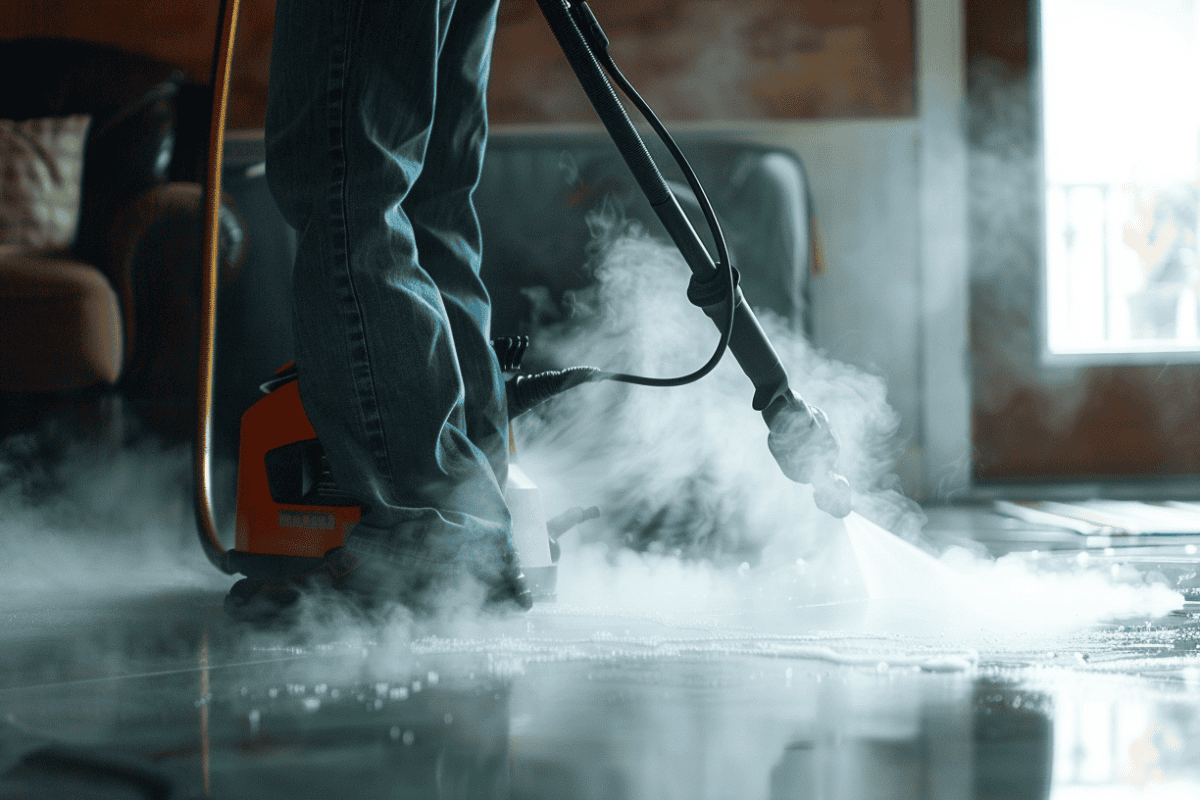Excavators can be valuable pieces of equipment to own due to their versatility in many industries. You can rely on them for many different earthmoving tasks, operating them with relative ease. However, excavators can come with a hefty price tag, especially if you buy them second-hand. You might think you’re getting a bargain, but that’s before you have to spend several thousand on repairs and maintenance.
If you would still prefer to buy second-hand excavators instead of shiny new ones, then read on. The following advice could save you thousands of dollars.
Smoking Engine
A sure-fire way to know you should stay away from a particular excavator is by the smoke content. If excavators create a lot of smoke when you use them, then the engine might have some problems. Replacing excavator engines can be more expensive than the machine is worth.
Before you seal the deal on used excavators, try out every function. See whether anything you do on them creates smoke and at different speeds. Any plume of smoke could be a sign of problems to come or issues already in play.
Hydraulic Leaks
A hydraulic leak is not a deal breaker in many respects, but it could have you questioning impending maintenance costs of used excavators you are about to purchase. Before you buy a used excavator, check the hoses, lines, cylinders, and the hydraulic pump. Check for any leaks and wear.
These parts are not hard to find or overly expensive to replace, but they could factor into your decision about whether you’ll buy the used excavator and how much you will pay for it. If you do buy the machine and need to replace parts, make sure you buy the correct hose. Talk to your local dealer to find out more.
Dents, Cracks, and Imperfections
When you are purchasing a car, a crack in the plastics or a dent on one of the panels is no big deal. You can live with that and may get a discount off the purchase price. If you are buying used excavators, however, then dents, cracks, and imperfections can be signs to steer clear.
If you find imperfections in the load-bearing parts of an excavator, then you will need to take a closer look at every other part of the machine. While cracks and dents in cosmetic areas like the seat is not a problem, the load-bearing parts can be.
Before you buy a used machine, check the bucket, boom, and stick. You should review any bends, breaks, or cracks thoroughly and find out how they came about. Pay close attention to the connection point welds as well.
When you end up with weaknesses in these key areas, it’s clear to see the excavator has been compromised or overworked in some way. If it’s showing wear on the surface, then what’s it going to be like underneath? It may be in your best interests, in this case, to choose another used excavator for sale or buy a new one.
Hour Meter and Log Book
You can often tell how meticulous an excavator owner or driver is by how extensive their log book is. It should be full of service history, times, dates, and prices for how much time and money has gone into its care.
A service history full of blank pages is a cause for concern. You won’t know when the operator replaced parts, if they have been, or if servicing history is up to date. You could take the owner’s word for it, but that doesn’t mean they are telling the truth.
The same rules apply for the hour meter. The hour meter should reflect the price tag and vice versa, but they are not tamper-proof. With a car, you can turn back the miles, and you can do the same with excavators. If something doesn’t seem right about the hours, then there are other ways to determine the use of the excavator.
Check the pedals and controls. If they are far more worn than the hours would indicate, then thank the seller for their time and thank your lucky stars you didn’t miss that and buy it.
Tires and Tracks
Before you jump into the purchase of a used excavator, don’t forget to check the tires and tracks. Make sure all lugs are there, and none are missing. Furthermore, ensure there are no cracks in the rubber that could indicate heat exposure, curb running, or wear and tear.
If the tracks appear to be loose, then find out why. When tracks continue to loosen, even after tightening to manufacturer standards, then you may be in for a hefty track replacement bill as soon as you buy the excavator.
Conclusion
There are many things to consider when you buy new excavators, but there are even more for a used model. Make sure the price reflects the value, and that there is no smoke, cracks, dents, or problems with the legitimacy of the hours or log book. Finally, check the hydraulics and the tracks. If everything checks out, then you may have found a premium example of a used excavator that will suit your needs well.
This post has been sponsored by ClickThrough
Theresa Le Roux
My name is Theresa Le Roux, I am originally from Montreal, Canada but I have spent the last 5 years in beautiful New Zealand. I write SEO/Digital marketing/SMM articles for businesses that want a different perspective on subjects that are important to their content output. This can also help grow rankings in the process so it’s a win-win! I regularly contribute articles about the always changing world of SEO to Clickthrough.co.nz. I am a diehard Game of Thrones fan with a passion for novels and live music! My career goal is to one day write a novel of my own. Connect me via email theresa@clickthrough.co.nz.


